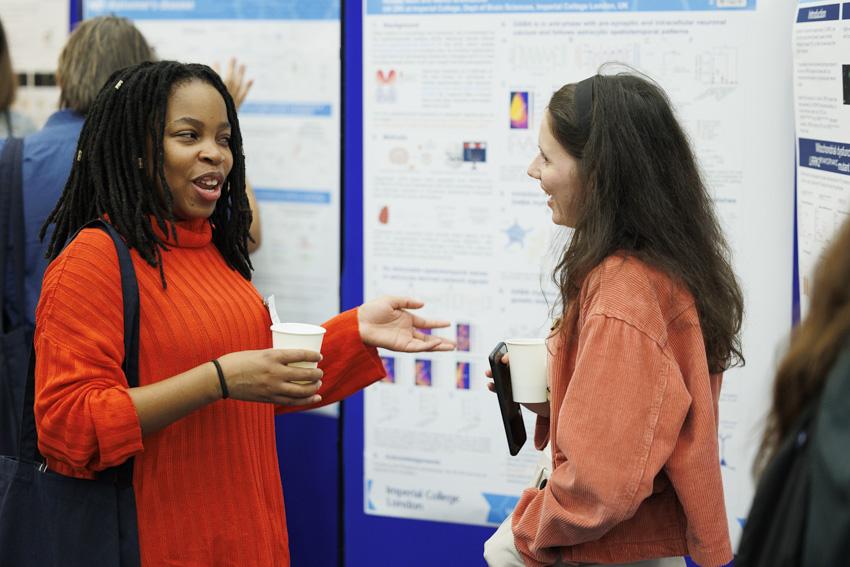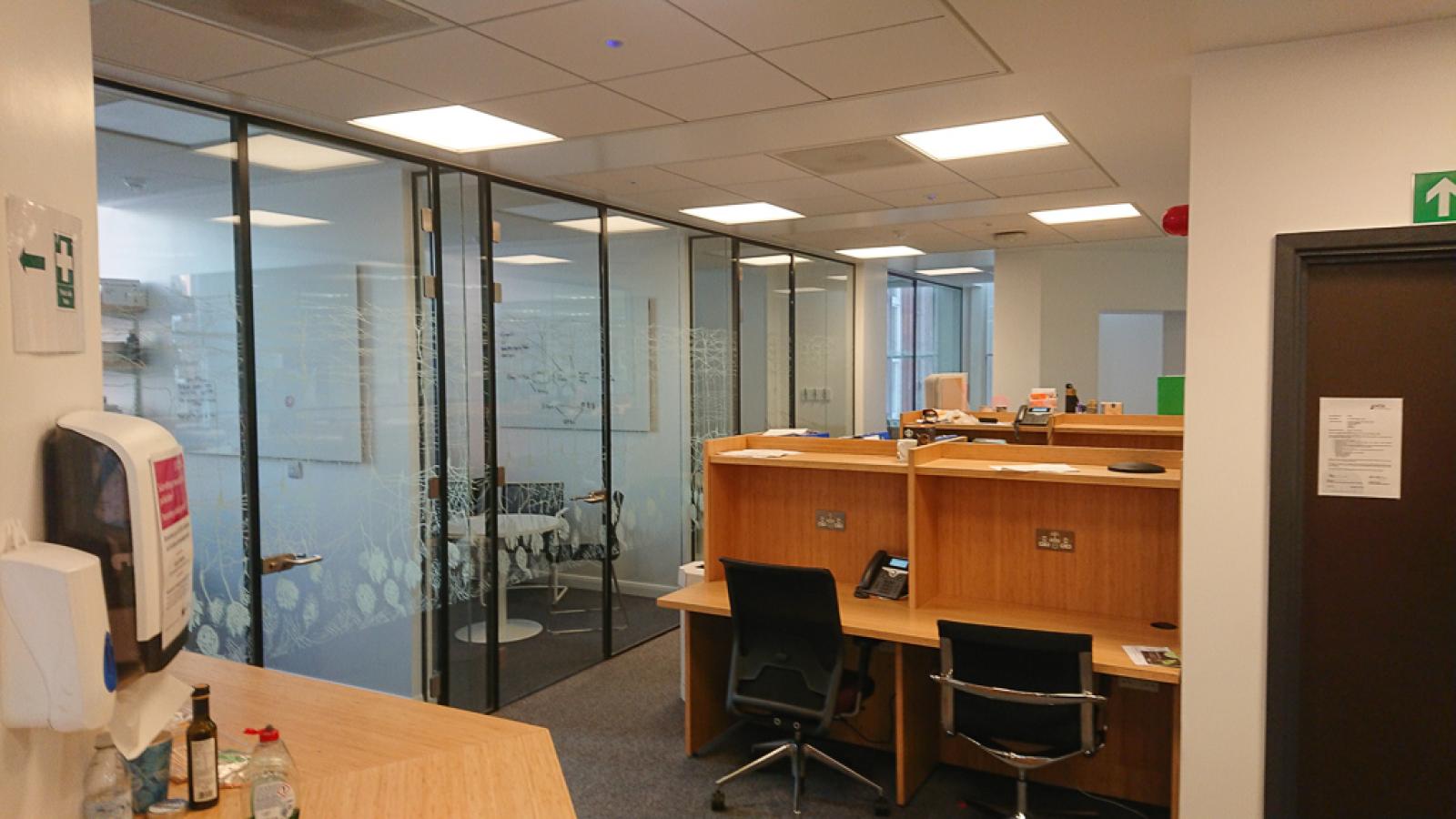Vacancies
-
Key details
- Location UK DRI at UCL
- Salary: £36,433-£41,833 per annum
- Lab: Dr Tim Bartels
About us
Research from UK DRI at UCL covers the journey from the patient to the laboratory and back to the patient with improved diagnosis, biomarkers and candidate therapies put to the test. Led by Professor Karen Duff, UK DRI Centre Director, the team will address the key unanswered mechanistic questions that link genetic and lifecourse factors to dysfunction in molecular pathways, in cells and in neural systems during the progression of the dementias. This work will be enhanced by clinical resource to link lab work to the clinic.
About the role
We are recruiting a Research Technician to join the Bartels lab at the UK DRI at UCL and work on a research project involving the analysis of human blood samples and the optimisation of novel antibodies in an ELISA format to develop a novel biomarker of synucleinopathy. Ex vivo protein standards will be purified from human tissue and mammalian cell culture and quality control conducted via SDS-PAGE, aggregation assays, electronmicroscopy, CD spectroscopy. You will assist with protein biochemical and biophysical analysis, as well as protein expression and purification.
The role is available from May 2026 and is funded by the UK Dementia Research Institute until 30 April 2027 in the first instance.
About you
You will have an Honours degree (minimum 2:1) in Biophysics, Biochemisry, Molecular Biology, or a related discipline, as well as experience and knowledge in one or more of the following areas: neurodegeneration, synucleinopathies, biochemical analysis (including detergent extraction and Western Blot) and protein expression and purification. Good IT, communication, and problem-solving skills are essential, as is a proactive approach to your work and an ability to meet deadlines.
This role does not meet the eligibility requirements for a Skilled Worker Visa certificate of sponsorship under UK Visas and Immigration legislation. Therefore UCL will not be able to sponsor individuals who require right to work in the UK to carry out this role.
Training and staff networks

Learning and development courses and tools for career development are available to staff through UCL's organisational development platform. These include leadership training, as well as specialised training for doctoral researchers and research staff.
The UCL Doctoral Skills Development Programme (DSDP) is designed to help doctoral researchers develop skills for research, professional development and employment. The UCL Research Staff Development Programme (RSDP) is designed to help staff involved in research to develop skills particularly valuable for the wide range of careers within and beyond academia.
There are a wide range networks available to UCL staff, including the Disability Equality Steering Group, Enable@UCL, the Gender Equality Network, and many more.
